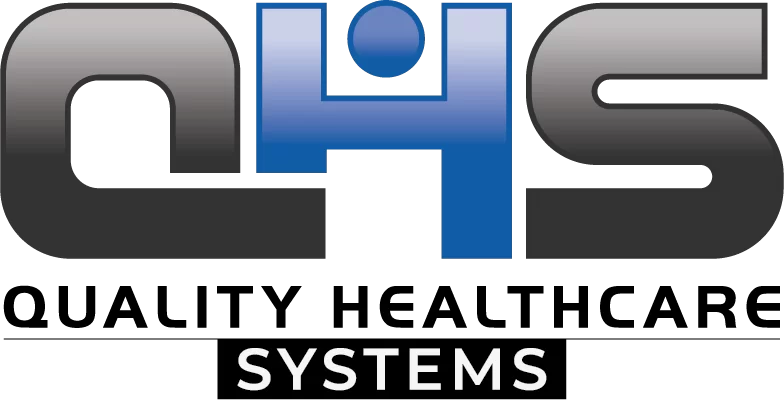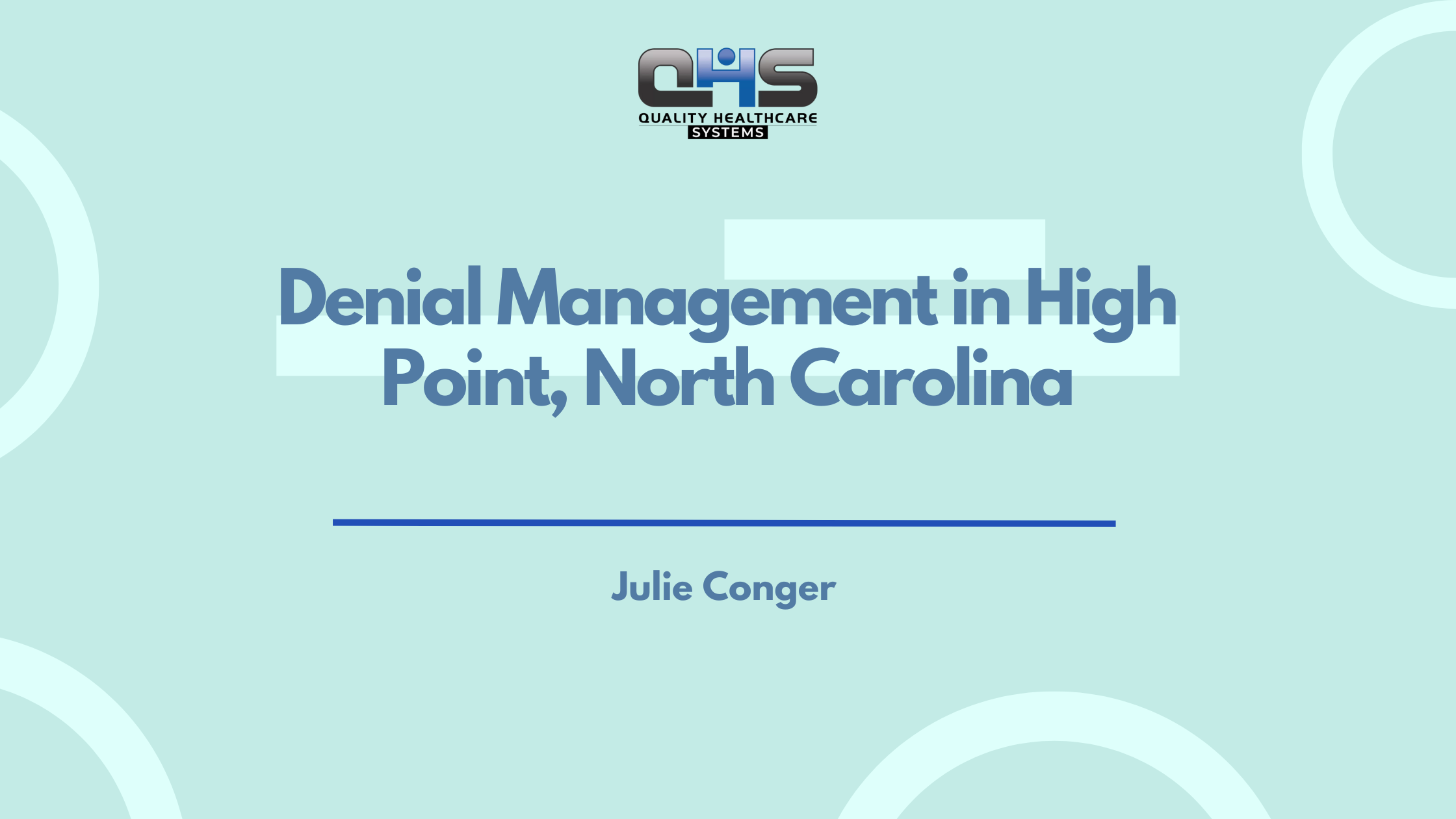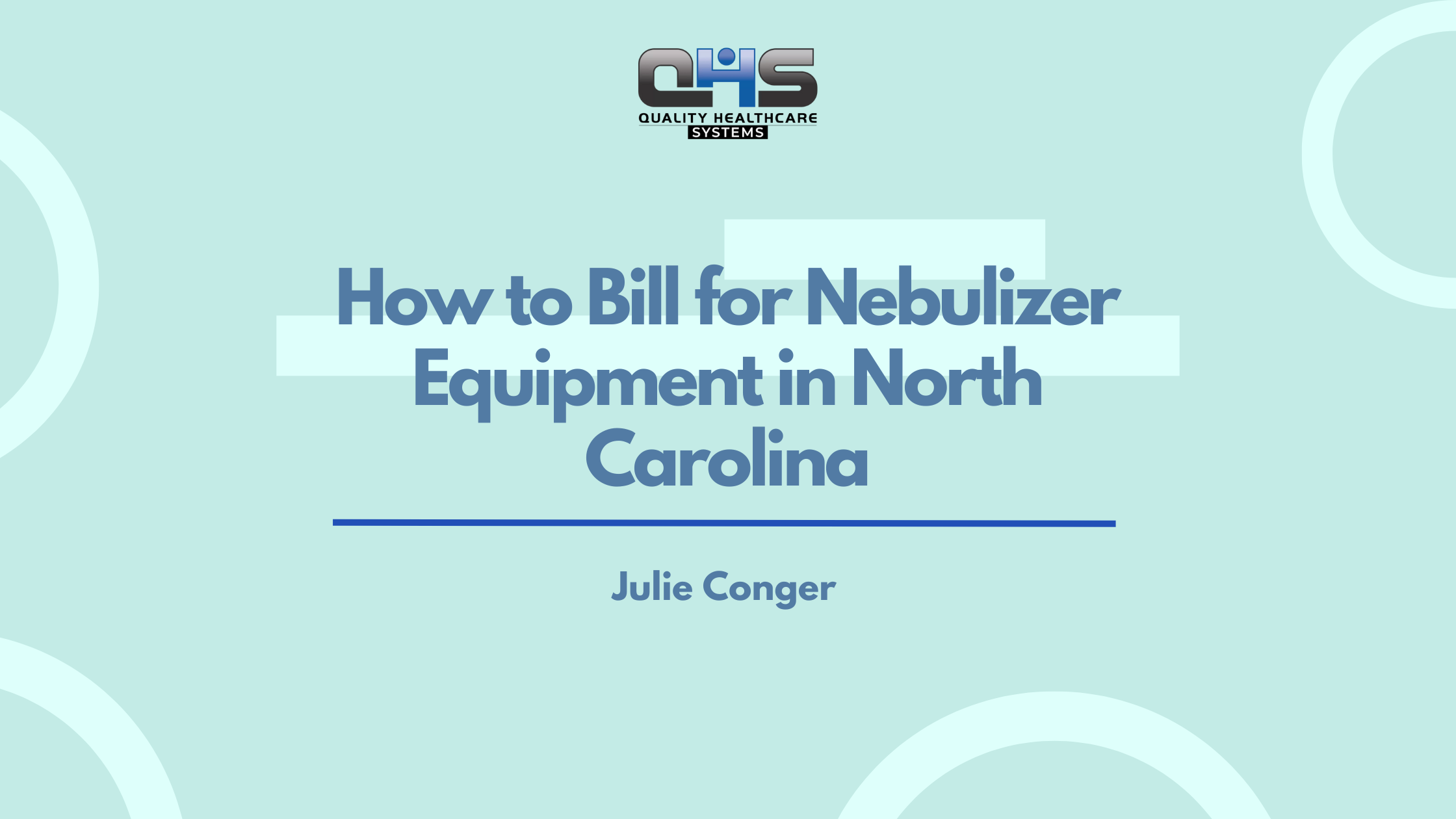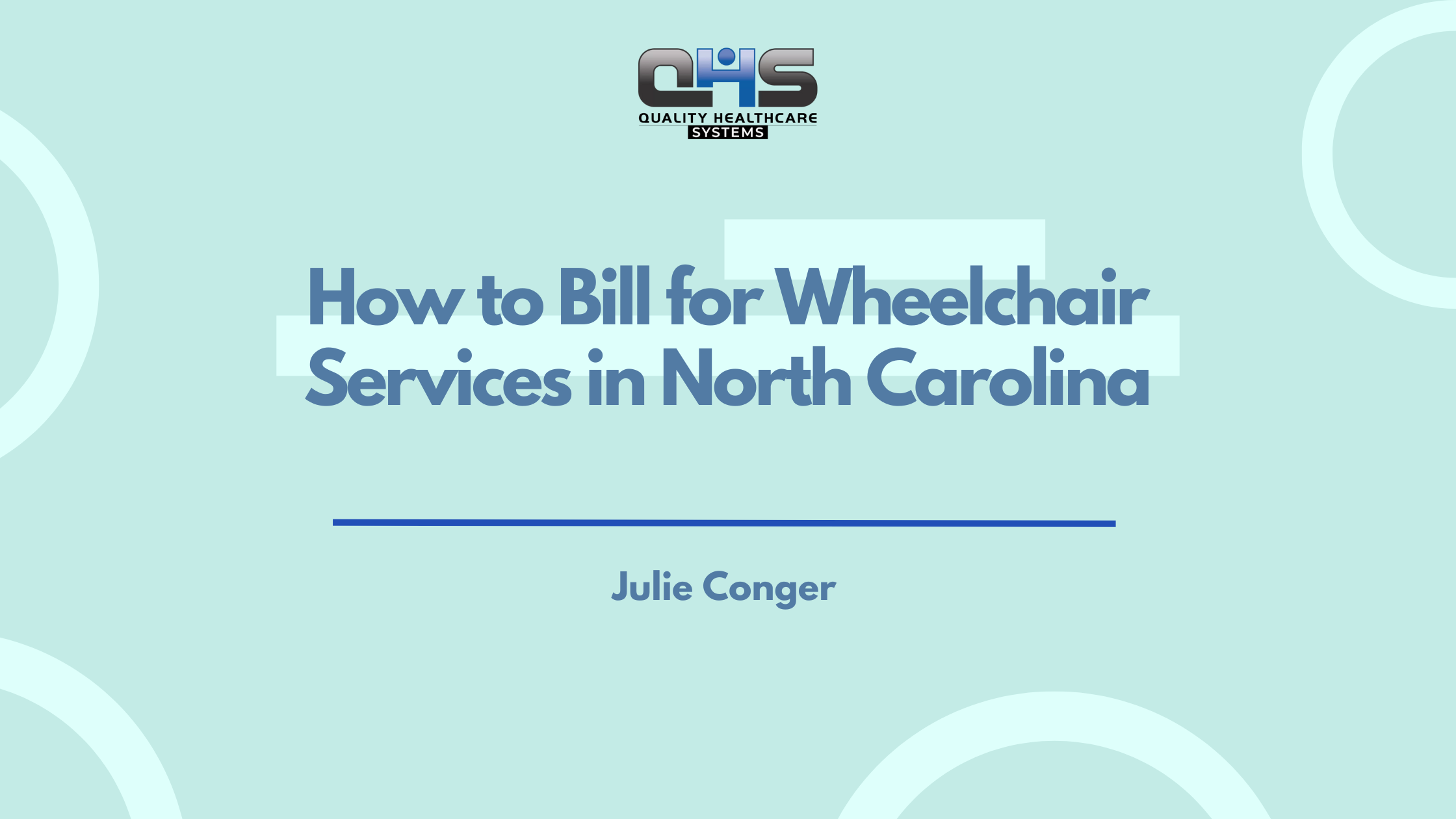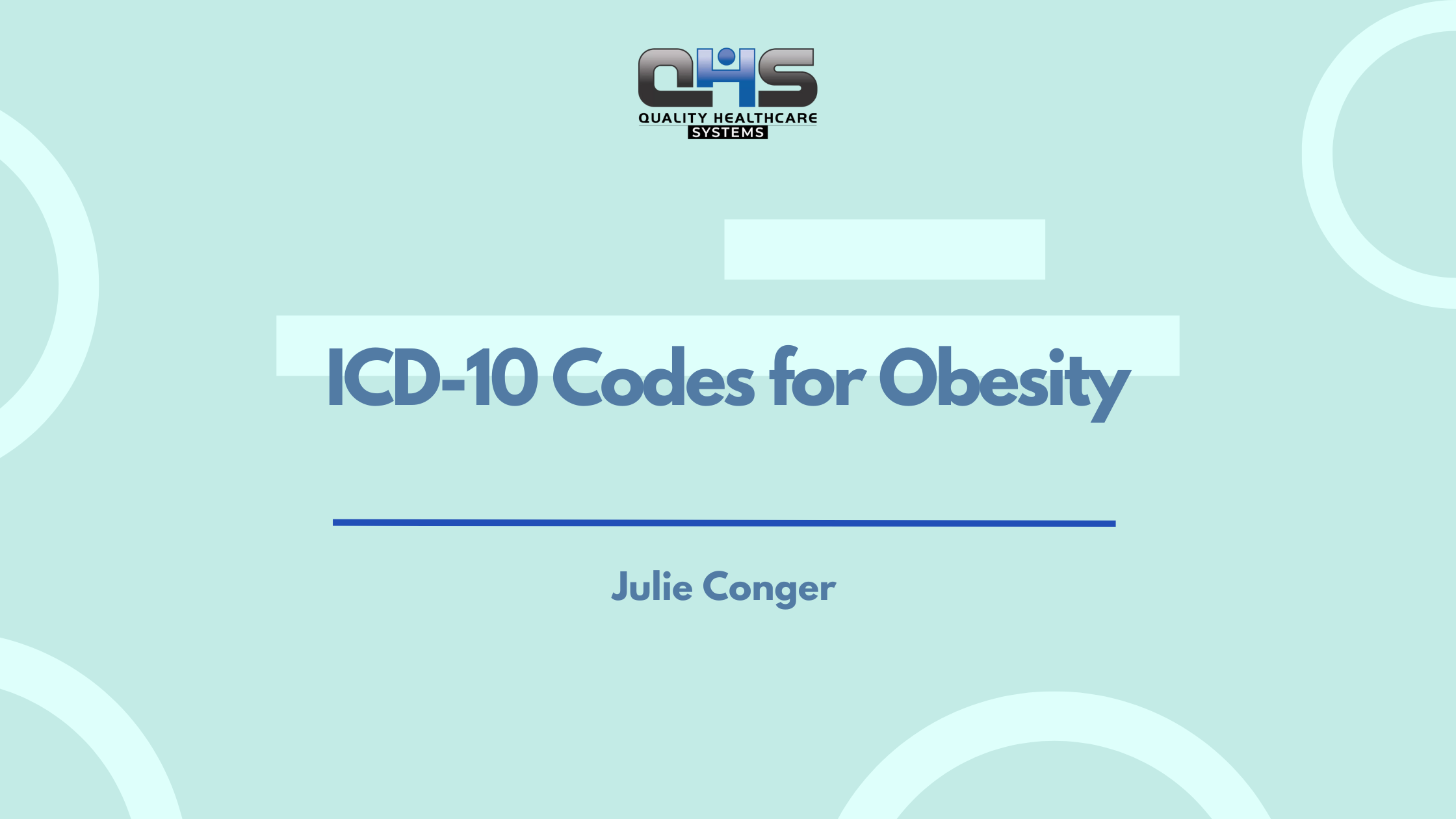Denied insurance claims are more than just a paperwork headache—they’re a direct hit to your practice’s financial health. In fact, the American Medical Association reports that up to 20% of medical claims are initially denied across the United States.
For healthcare providers in North Carolina, especially those operating in High Point, denial rates often exceed the national average due to inconsistent payer requirements, outdated billing practices, and gaps in documentation. The financial impact can be significant, with some practices losing as much as 3–5% of their total revenue each year due to preventable denials.
Without a focused strategy to identify, appeal, and prevent denied claims, local providers may face delayed payments, increasing administrative strain, and rising accounts receivable. That’s why many High Point clinics and specialty practices are turning to professional denial management services to stay profitable, efficient, and compliant.
What Is Denial Management in Medical Billing?
Denial management is the systematic process of identifying, analyzing, and correcting claims that have been denied by payers. It’s more than just fixing rejected codes—it’s a proactive revenue recovery strategy that prevents future denials from happening in the first place.
While claim rejections typically result from immediate errors (such as incorrect formatting or missing information), denials usually indicate deeper issues like medical necessity disputes, expired authorizations, or failure to meet payer-specific policy criteria.
Effective denial management goes beyond resubmission. It involves tracking denial patterns, categorizing root causes, and implementing preventive protocols across the billing workflow. By combining analytics, payer knowledge, and strong appeals processes, denial management teams help reduce write-offs, accelerate reimbursements, and improve the overall clean claim rate.
Why Denials Happen: Common Causes in High Point Practices
1. Coding Errors and Policy Mismatches
Understanding the reasons behind claim denials is the first step in resolving them. For healthcare providers in High Point, denial patterns often stem from a mix of human error, inconsistent documentation, and payer-specific requirements that vary across North Carolina.
One of the most common causes is incorrect coding—whether it’s outdated ICD-10 or CPT codes, mismatched modifiers, or insufficient details to justify medical necessity. Even small oversights can trigger denials, leading to payment delays and revenue leakage.
2. Eligibility and Authorization Issues
Another major contributor to denials in High Point clinics is a failure to verify patient eligibility in real time. When insurance information is incorrect or not validated before service, claims are often rejected due to inactive coverage or lack of prior authorization.
This issue is particularly common among smaller practices that rely on overburdened front-desk staff or outdated billing software. Without consistent verification workflows, practices face recurring denials that impact monthly revenue.
3. Submission Deadlines and Documentation Gaps
High Point practices also face claim denials when documentation doesn’t meet payer requirements or when claims are submitted outside allowable windows. Missing physician notes, insufficient encounter details, or billing the wrong procedure for the diagnosis are all red flags for payers.
These recurring problems, if not addressed quickly, can pile up and disrupt the revenue cycle. That’s why denial management services in High Point are essential—they help detect these trends early, resolve them quickly, and implement changes that reduce future denials.
How Denial Management Services Work
1. Root Cause Analysis and Appeal Strategy
Denial management services in High Point begin with an in-depth review of each denied claim. Specialists identify the exact reason for the denial—whether it’s an authorization issue, inaccurate coding, or payer rule violation.
Once the cause is determined, an appeal is prepared using corrected data, relevant documentation, and any required supporting evidence. Strong appeals backed by clinical rationale significantly increase the likelihood of overturning a denial.
2. Custom Reporting and Trend Tracking
A vital part of denial management is identifying patterns. Providers in High Point benefit from detailed denial reports that show which procedures, payers, or departments are most affected.
This data is used to adjust internal workflows—such as refining how services are documented, ensuring modifiers are applied correctly, and educating teams on payer-specific billing rules.
3. Prevention-First Approach to Revenue Protection
High-performing denial management services in High Point don’t just clean up denied claims—they focus on preventing them altogether. By analyzing trends and training staff, these services help practices establish cleaner billing practices from the start.
Whether it’s optimizing electronic health record (EHR) templates, automating insurance checks, or standardizing pre-authorization procedures, denial management helps ensure that claims are submitted correctly the first time—reducing delays and improving overall revenue cycle health.
Benefits of Hiring a Denial Management Company in High Point
Working with a denial management company in High Point helps medical practices reduce their denial rate, improve cash flow, and get paid faster. These companies handle everything from identifying root causes to filing appeals and correcting claims, freeing up your internal staff to focus on patient care.
By leveraging local expertise and payer knowledge, denial management providers in High Point help clinics maintain compliance, reduce accounts receivable, and increase first-pass claim acceptance.
Who Needs Denial Management the Most?
Denial management services in High Point are especially valuable for independent providers, specialty clinics, and small group practices that lack dedicated billing teams. Providers offering DME, prosthetics, behavioral health, or outpatient therapy often face complex billing rules and payer-specific denial patterns, making outsourced support critical.
Practices with high claim volumes or recurring rejections also benefit from these services, as they reduce manual work and ensure claims are submitted correctly the first time. Any healthcare provider struggling with delayed reimbursements or increasing denials should consider professional denial management in High Point.
How Quality Healthcare Systems (QHS) Helps High Point Providers
Quality Healthcare Systems (QHS) provides specialized denial management services tailored to the unique needs of High Point medical practices. With deep knowledge of North Carolina payer policies and decades of hands-on experience, QHS helps reduce denial rates, improve appeals turnaround, and increase clean claim submission.
Our team performs root cause analysis, handles all follow-ups with payers, and creates actionable reports to prevent repeat denials. We work with clinics of all sizes, from solo providers to specialty practices, and integrate directly with your existing EHR or billing software.
For High Point providers looking for fast reimbursements, lower AR days, and fewer write-offs, QHS delivers measurable results and personalized service.
Get Started with Denial Management in High Point
If you’re a healthcare provider in High Point dealing with constant claim denials or reimbursement delays, now is the time to act. Quality Healthcare Systems offers a free denial trend analysis to help you identify gaps in your billing process and recover lost revenue.
Our local team is ready to step in, audit your current system, and provide end-to-end denial management solutions that boost your collections and reduce administrative load. Call us today or fill out our contact form to schedule a consultation. Let QHS simplify your billing so you can focus on what matters most—delivering patient care.
FAQs
What’s the difference between a denied claim and a rejected claim?
A rejected claim contains basic errors like incorrect formatting or missing data and is never entered into the payer’s system. A denied claim has been reviewed but refused payment due to policy, coverage, or documentation issues and must be appealed or corrected.
How long does it take to resolve denied claims?
It varies by payer and denial type, but most claims can be appealed or corrected within 7–30 days. Our team at QHS monitors every claim closely and follows up until it’s resolved.
Will outsourcing denial management affect patient data security?
No. Quality Healthcare Systems is fully HIPAA-compliant and uses secure systems to protect all patient and billing information. Your data is handled with complete confidentiality.
Can denial management help with Medicare or Medicaid in North Carolina?
Yes. We are experienced in working with NC Medicaid, Medicare, and major private payers across the state. We understand their specific denial patterns and appeal processes.
Do I need denial management if I already have a billing staff?
Yes. Even experienced billing teams benefit from external denial support. We work alongside your staff to handle complex denials, streamline appeals, and train your team to prevent future issues.
